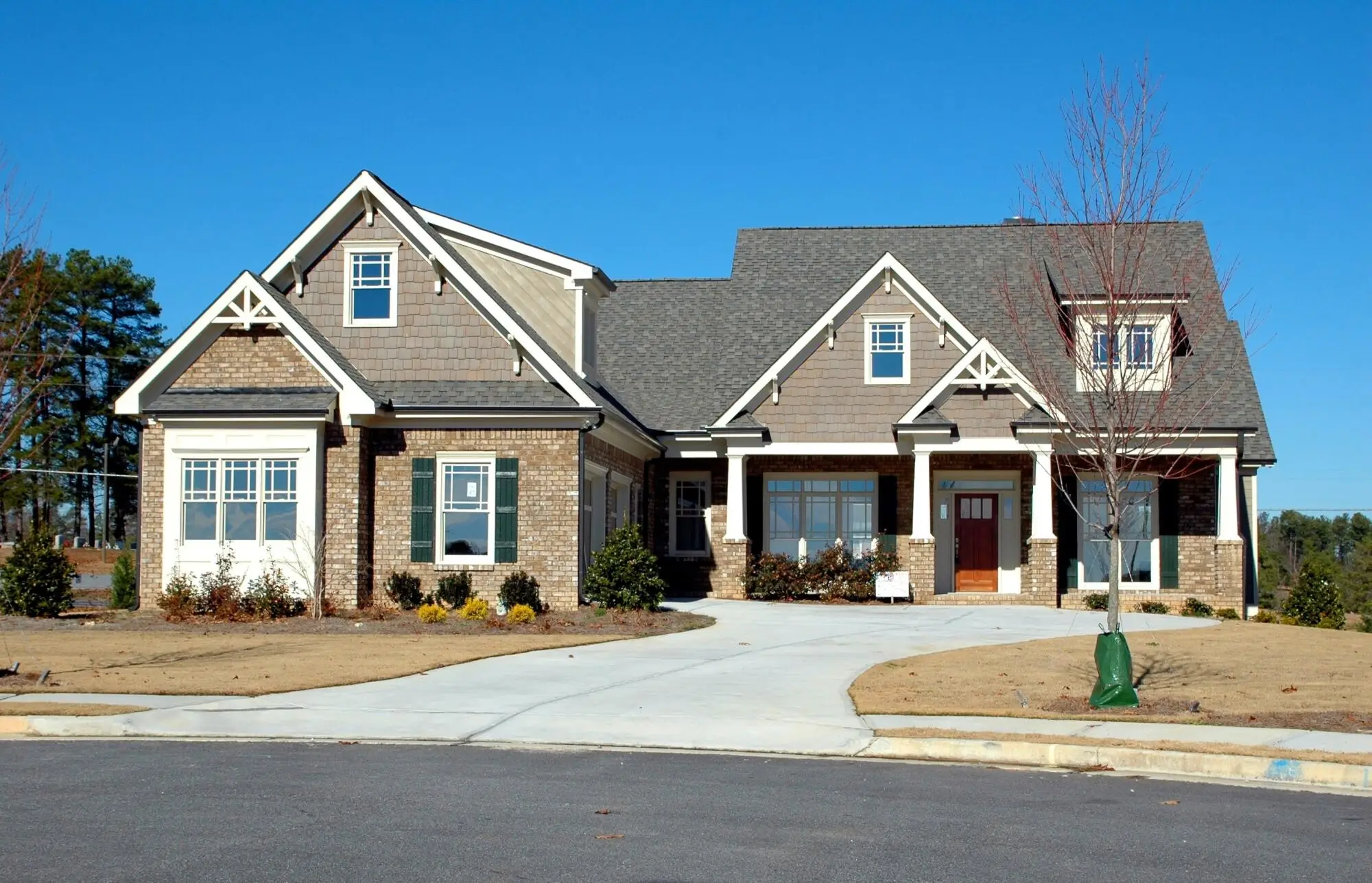With the number of HOAs having increased by 3,000 last year, it is crucial that each of them have skilled people in charge to ensure they run smoothly. A home owners association manager plays an essential role in maintaining the quality of life in communities across Jessup. If you're a resident or member of a homeowner association (HOA), understanding the responsibilities and tasks of your HOA manager can significantly improve community living.
So, keep reading, as in this article, we'll explore key HOA management duties, providing valuable insights for better community management.
Essential Duties of a Home Owners Association Manager
Well-handled duties can do a lot to confirm the use of an HOA manager, which is one of the reasons why The Foundation for Community Management Research recently mentioned that 33.6% of U.S. housing is in a community association. They are popular because, when they are well-run, they are instrumental in creating a positive environment.
The primary responsibilities of a home owners association manager encompass various aspects of community management, each critical for fostering a vibrant and cohesive living environment. Here are some of the key tasks:
Property maintenance: One of the foremost duties involves overseeing property upkeep. This role involves coordinating repairs, arranging landscaping services, and ensuring common areas remain well-maintained.
Financial management: Effective budget management is crucial for the HOA. The manager prepares annual budgets, collects dues, and tracks expenditures, ensuring transparency and financial health for the community.
Compliance with regulations: The manager ensures that the community complies with local laws, zoning ordinances, and association rules. This legal aspect is vital; any oversight can lead to disputes or fines.
Communication: As a liaison between the board of directors and homeowners, a home owners association manager handles communication, from sending out newsletters to organizing meetings.
HOA Leadership Roles
Strong HOA leadership is central to effective community management. A successful HOA manager should possess specific skills that enable them to navigate the complexities of their roles efficiently. Here are some vital HOA manager skills that every effective leader should have:
Conflict resolution: Managing conflicts among residents can be challenging. An effective HOA manager must mediate disputes, maintaining harmony within the community.
Organizational skills: Balancing multiple tasks-financial statements, maintenance schedules, and resident inquiries-demands high organizational skills.
Time management: Effective HOA management requires prioritizing tasks and managing time efficiently to ensure that HOA members promptly fulfill all of their responsibilities.
Community Management Tips for Success
For a successful community experience, residents should actively engage with their HOA manager. Here are some community management tips to consider:
Participate in HOA meetings: Regular attendance fosters transparency and allows residents to voice their opinions.
Provide feedback: Offer constructive feedback on management and maintenance efforts.
Collaborate on initiatives: Working together can strengthen community ties and enhance overall satisfaction.
Hiring a High-Quality Home Owners Association Manager
The role of a home owners association manager in Jessup encompasses various responsibilities that are crucial for effective community management. Understanding these duties can empower residents and board members to ensure their community thrives.
For future discussions or clarification on HOA management, engage with PMI Village Alliance. We can help you understand what we can do for your community and ensure it runs more smoothly than ever before. Let us bring our decades of experience to bear.


